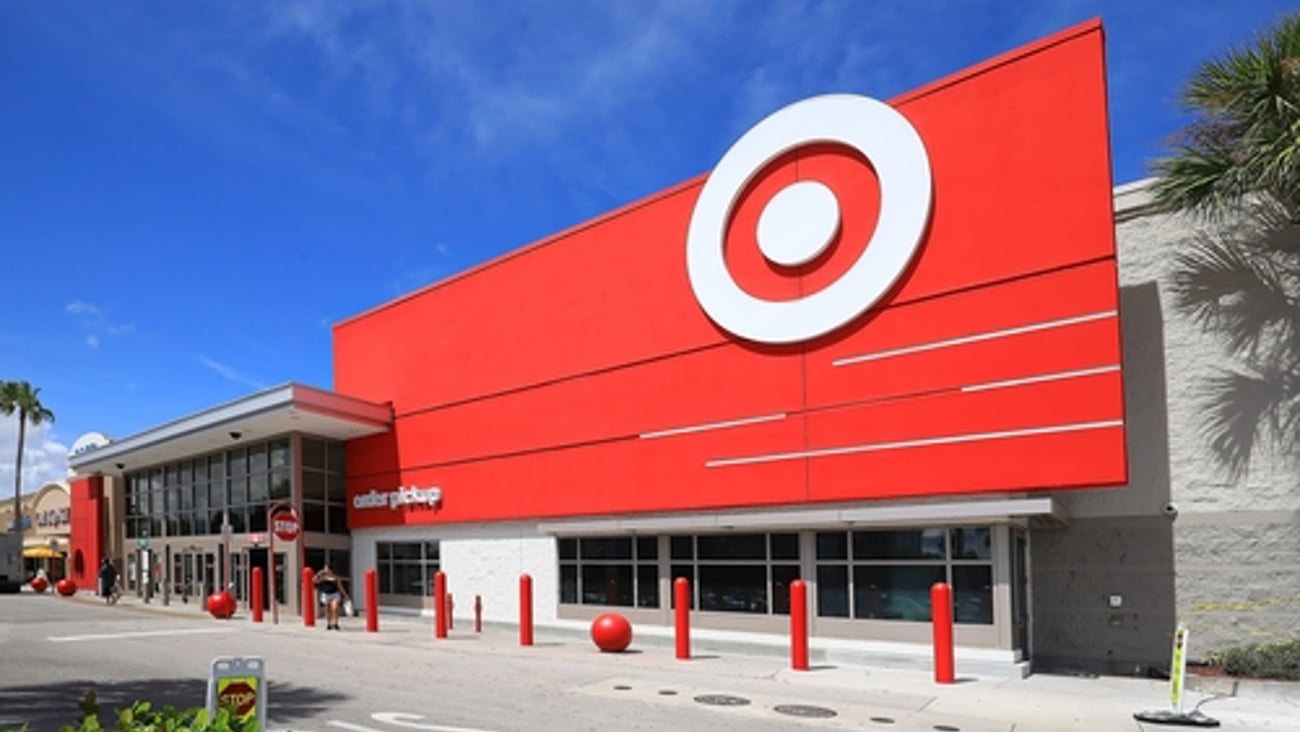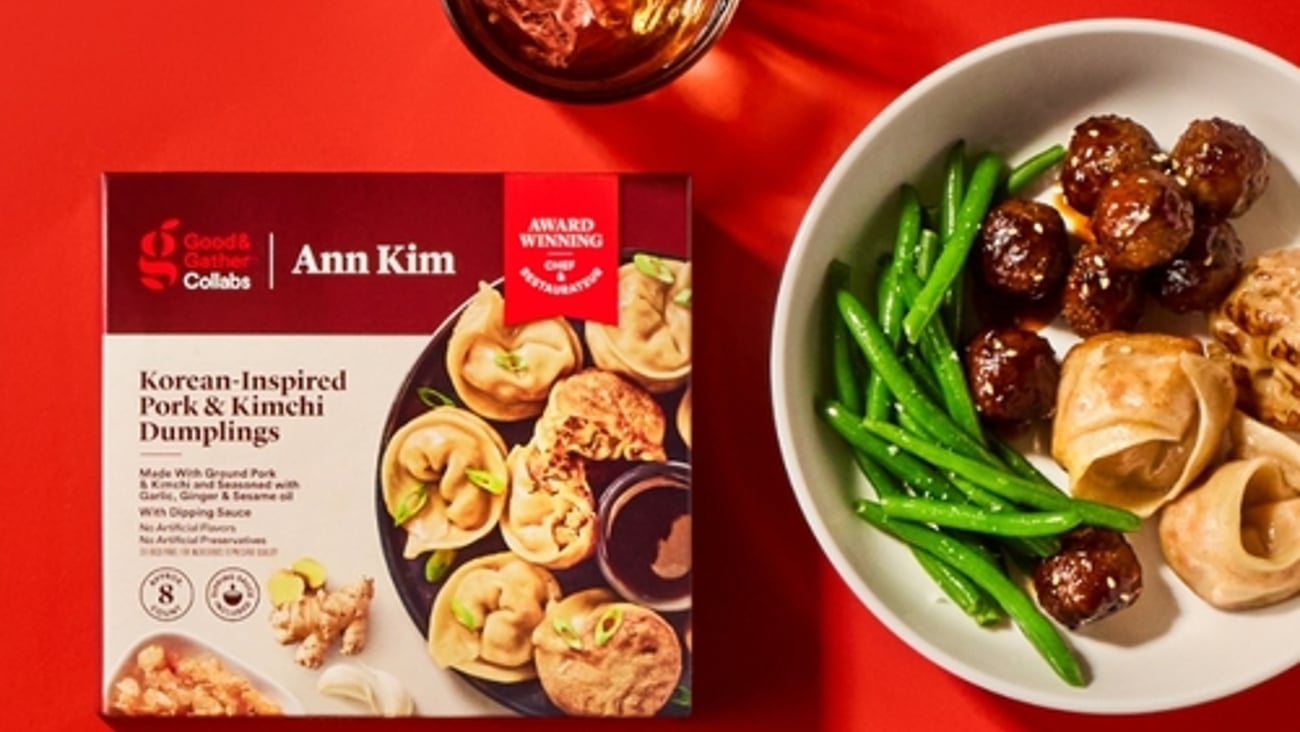What’s hot and what’s not for private brands
There are hot product categories and not-so-hot product categories that retailers should consider investing in for private brands, according to Daymon’s “Private Brand Intelligence Report 2018.”
The hot products, which Daymon says retailers should bet on for store brand growth, are:
• single-serve coffee and tea;
• salty snacks;
• cheese;
• specialty milk;
• frozen appetizers;
• frozen pizza;
• vitamins;
• frozen seafood;
• bacon;
• value-added meat;
• deli dips;
• deli entrees and salads; and
• bakery categories.
Dave Harvey, Daymon’s vice president of global thought leadership, explains that the categories are related to current consumer trends. Consider consumers’ penchant for better-for-you products, which include several of the product categories including tea, specialty milks, vitamins and frozen seafood. On the other side of the spectrum, consumers also want indulgence, which includes bacon, cheese and salty snacks category.
Other trends are convenience, which is why frozen appetizers and frozen pizza are on the list. And then there is the trend toward fresher food, which is why so many deli items are on the list.
Some of the categories surprised me, but none more than frozen pizza. Harvey says big brands formerly dominated the category, but not anymore. Retailers are introducing specialty pizza with different types of ingredients, including healthy and clean ingredients.
Nicole Peranick, Daymon’s director of global thought leadership/culinary, says private brands are getting first to market in several of the hot product categories, including frozen pizza. She points to Trader Joe’s with its frozen private brand Cauliflower Pizza Crust, made primarily with cauliflower and corn flour. Store Brands awarded the product as it its Best New Food Product or Line in its “2017 Best Of…Awards” competition. Trader Joe's recently introduced its Gluten-Free Cheese Pizza with a Cauliflower Crust, a ready-to-bake pizza. The crust uses a blend of cauliflower, mozzarella cheese, potato flour, chickpea flour, and brown rice flour to replace wheat flour.
“We’re seeing private brands lead innovation in many of these categories,” Peranick says.
Which brings us to the not-so-hot products for private brands. They are:
• soft drinks;
• laundry detergent;
• shelf-stable fruit and vegetables;
• processed lunch meat;
• cakes; and
• premium garden blends.
But there could be some silver linings to the categories if you look close enough. For instance, Carl Jorgensen, Daymon’s director of global thought leadership/wellness, points out that water is stealing market share from soft drinks, which bodes well for private brands.
“You can produce interesting flavored waters without sugar or any artificial sweeteners,” Jorgensen adds, noting that vitamins and other healthy ingredients are being added to water. “For private brands, rather than put money into soft drinks, retailers should put money into water that offers flavors and [healthy] benefits.”
Frozen pizza and flavored water. Sounds like a winning combo for private brands.
Download Daymon's recent report here.





